SUMMARY
This is AI generated summarization, which may have errors. For context, always refer to the full article.
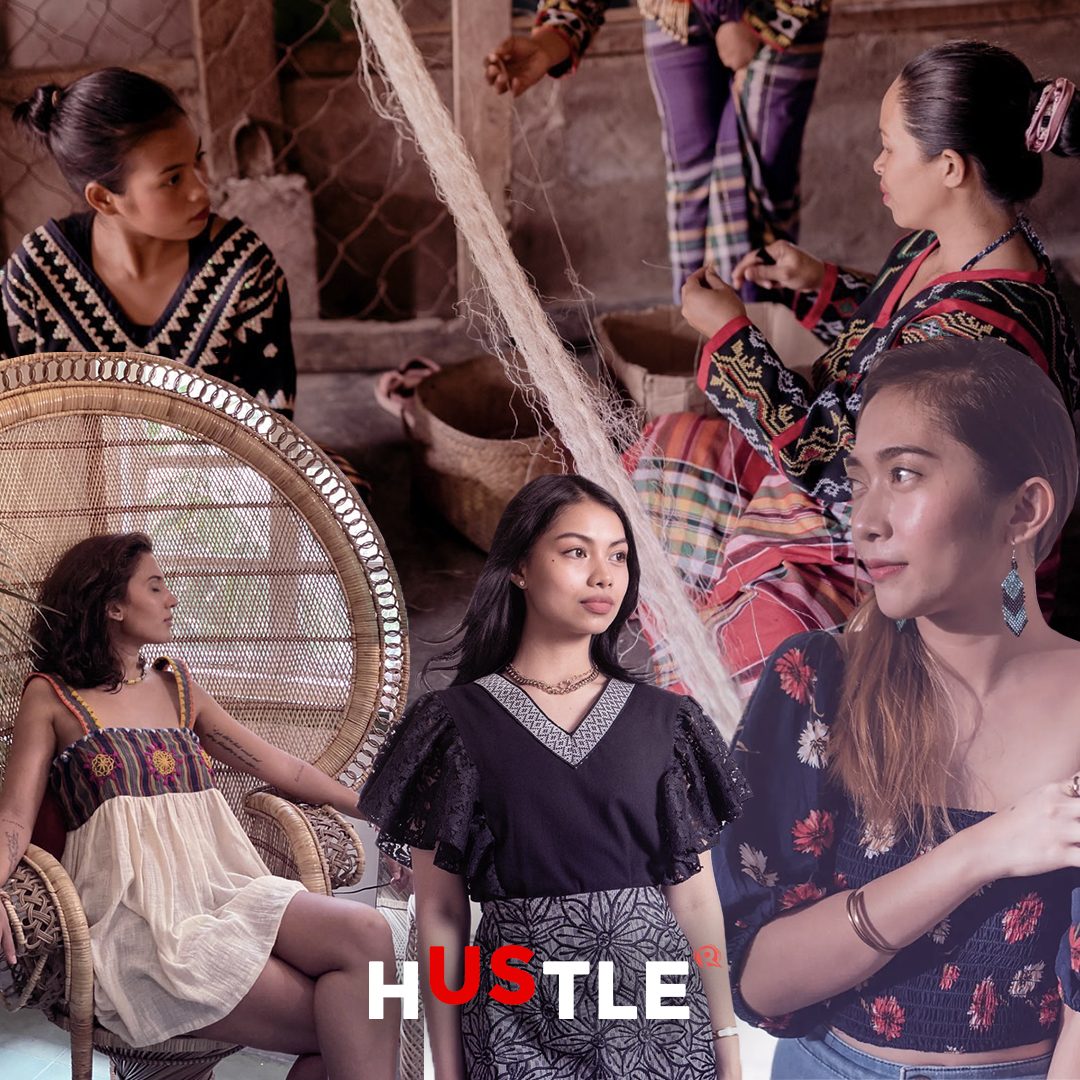
“I want the modern generation to appreciate our heritage through collaborative work with our indigenous communities,” said NIñOFRANCO founder Wilson Limon.
In light of the ethical concerns surrounding fast fashion, some homegrown labels are rising to the challenge of creating chic but sustainable livelihoods for Filipino artisans. With their business acumen and design expertise, these social entrepreneurs even want to take things further – not just providing jobs but also avenues to share the narrative of local communities.
“My products are not just clothes; they represent stories of people. I ensure that our partner communities have creative freedom to incorporate their traditional art,” Tagpi founder Gabby Almazan asserted.
With big shoes to fill, these enterprises remain steadfast in their mission to open new doors for indigenous groups, being both innovative yet still inclusive.
We interviewed some social entrepreneurs on their organization’s initiatives and goals towards achieving social development.
Leading through service
As opposed to using an authoritative approach to manage their businesses, these MSME founders lead by understanding their partner communities.
Wilson Limon of NIñOFRANCO believes their relationship with their partner community has strengthened NIñOFRANCO’s purpose of preserving the community’s culture. Working alongside women artisans from the T’boli, Blaan, and Tagakaulo ethnolinguistic groups, Limon has learned that incorporating traditional craftsmanship carries responsibilities and requires a deeper understanding of a community’s customs. “I had to become acquainted with their people, practices, and rules,” he shared.
Karl Lozano of Sesotunawa, on the other hand, believes that by immersing themselves in their way of life, they can identify the strengths and needs of their partners.
“We provide mentoring and capability-building support,” Lozano said. “The purpose of these mentoring sessions is to help them re-discover positive aspects in their culture and reinforce these in product design and development,” he added.
Sesotunawa is a social enterprise that specializes in the T’boli art of Temwel or brass-casting. Together with T’boli brass smith Joel Blunto, Blunto’s wife Henia, and other artisans, the group started Sesotunawa to inspire the Tboli artisans of Lake Sebu. The group wanted to show locals that their crafts are not only marketable but can also be sold at fair prices.
Today, aside from boosting visibility via local bazaars and pop-ups, the Sesotunawa group trains the T’boli artisans in sustainable skills such as costing, marketing, and financial literacy.
Carol de Leon, founder of the international brand Angkan and consultant for Design Center of the Philippines, also supports her collaborators through product development and mobilizing her resources.
Having worked intensively in the fashion industry – including as a former designer for a popular retail giant – she acknowledged that some companies were more concerned with financial gain than their impact on the environment and welfare of their workers.
“The concept of manufacturing in China for profit isn’t feasible if you love your angkan (clan),” she expressed. Currently working with the T’boli, Itneg, and Ati groups, De Leon aims to shed light on authentic Filipino culture and promote slow fashion. “The use of indigenous textiles is not a trend. It [involves] consciousness,” she emphasized.
Lastly, for the online shop Pung To Lumad, empathizing with a community also means not being afraid to be political and fight for their rights. Established by Mandy Romero, Sofia Paderes, and Fumi Paderes, Pung To Lumad markets the beaded handicrafts of Lumad students from the Bakwit schools.
“Through our products, we share the students’ powerful stories. Even before the pandemic, Lumad schools have been forcibly closed and destroyed. Students fled their homes and sought refuge in the Bakwit schools. During the pandemic, attacks on the Bakwit schools worsened,” said Romero.
She elaborated that their brand does not only stand in solidarity with the Lumad students; they prompt their audience into action, advocating for these students’ rights to self-determination and education. “100% of the proceeds go to food, water, school supplies, and their essentials,” Sofia and Fumi Paderes added.
Promoting nationalism and bayanihan
Besides helping their partner communities in business affairs and reaching a larger audience, these social entrepreneurs aim to embody their Filipino pride and unity with indigenous groups. Through their crafts, they hope to inspire their fellow countrymen to support local goods and follow in their footsteps.
“There is more than just sustainability to address. We have to tackle white supremacy and colonial mentality,” urged De Leon of Angkan. She mentioned that she witnessed discrimination from local Filipinos towards indigenous individuals and Filipino-made products. These experiences have fueled her to highlight this message through her branding and integrating indigenous weaves in her pieces.
Tagpi’s Almazan shares a similar goal. In collaborating with the Itneg and Maranao communities, he discovered that weaving is deeply connected to the artisans’ identity and, ultimately, Filipinos.
While De Leon and Almazan advocate for weaving as a uniquely Filipino art form, the Pung To Lumad founders express that their jewelry shop is more than just a platform to showcase the talents of the Lumad students. Instead, it is also an avenue for allies to convene with the Lumad students in their dreams of receiving education.
Developing opportunities for sustainable livelihoods
In addition to preserving their partner community’s culture and contributing to their income, these enterprises cultivate entrepreneurial competencies that they may adopt in pursuing other endeavors.
True to Lozano’s vision of establishing a community-owned enterprise, he registered Sesotunawa under brass smith Joel Blunto’s name. He, and his community of brass casters and beaders, are also responsible for performing daily operations.
Moreover, the enterprise has programs to train its partners in navigating e-commerce activities. These initiatives have been instrumental for Blunto and his contemporaries in providing for their families and launching their own ventures.
With that, Lozano hopes to send a message: “For our indigenous communities to live with dignity, we need to learn how to journey with them and allow them to decide their future.” – Rappler.com
Amanda Herrera is a freelance writer, model, entrepreneur, and student at Ateneo De Manila University.

Add a comment
How does this make you feel?
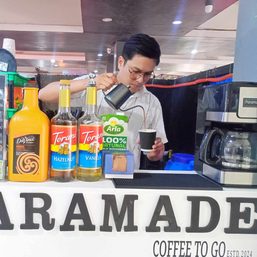


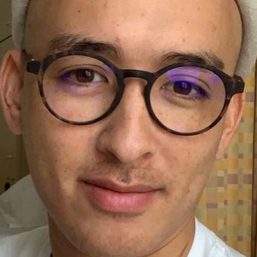
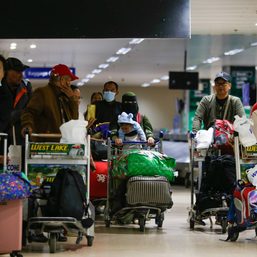

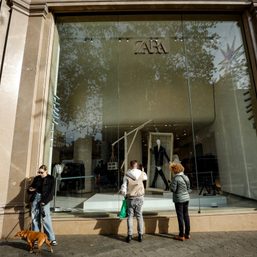


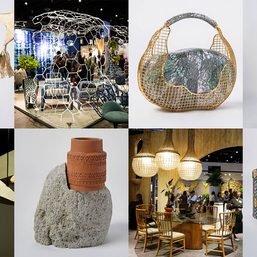
There are no comments yet. Add your comment to start the conversation.